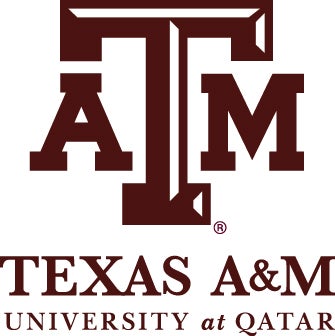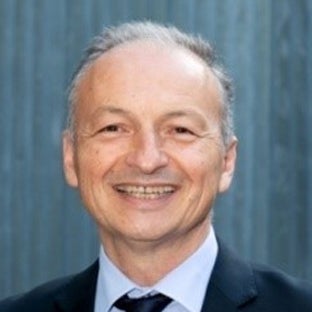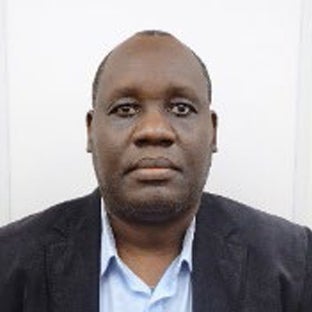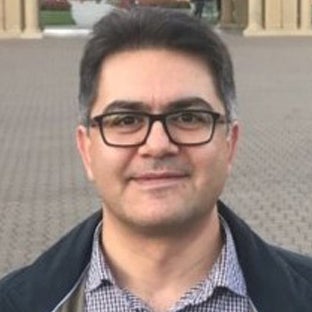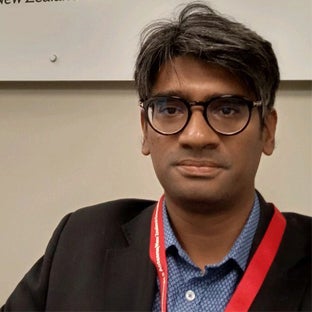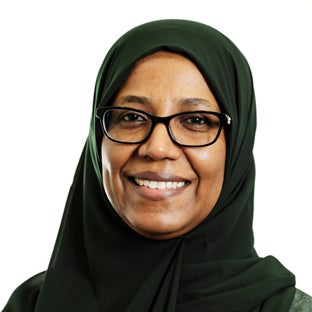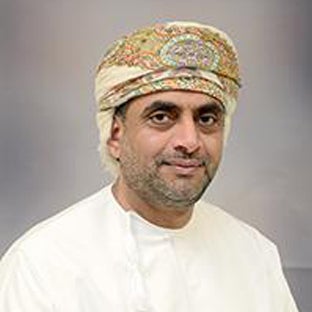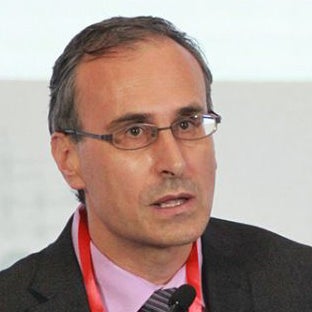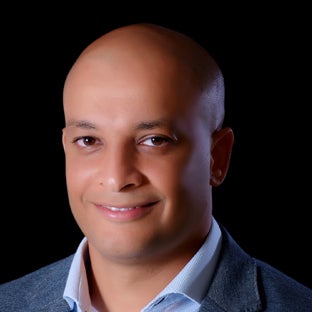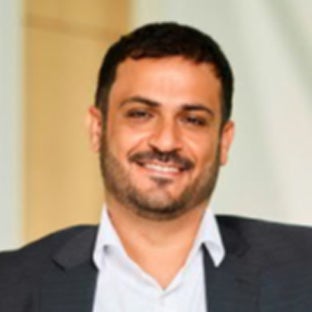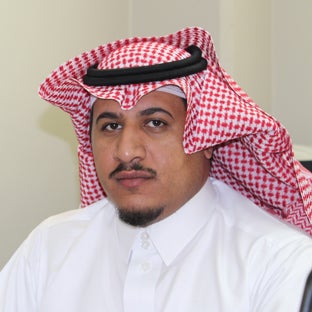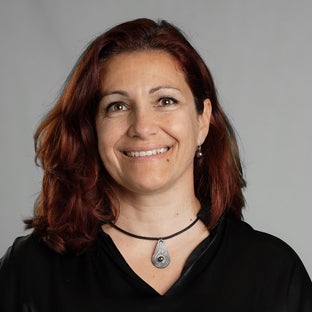The event will be held in English.
Integrating renewable energy resources into grids poses challenges and necessitates critical changes to conventional transmission grids. Moving from dispatchable generation to more variable generation connected via inverter-based technologies exposes utility companies to key challenges. As set by many countries to meet sustainability goals, new power grid requirements are needed to facilitate renewable integration at a high penetration level.
This two-day workshop focuses on three key aspects: models, studies, and grid codes. The fast response of inverter-based resources imposes new modeling requirements, and the traditionally used positive sequence models, i.e., phasors, do not suit such a fast and high-frequency response. In such a situation, electromagnetic transient (EMT) models are the only way to evaluate the grid stability accurately.
The workshop includes presentations from manufacturers and utilities to discuss challenges and efforts in acquiring EMT models. The workshop will also present several realistic case studies to showcase the shift in carrying out dynamic studies due to renewable generation. Examples of grid code changes from Spain, Australia, New Zealand, and North America will also be presented.
This workshop will be of special interest to those who work in the field of power systems in Qatar and the GCC. It will also include a dinner at Yasmine Palace in the Pearl, enabling attendees to socialize and network. A number of seats to attend the workshop will be allocated for a contingent of international attendees, emphasizing the global relevance of this workshop.
Objectives
The workshop's primary goal is to foster discussion between industry and academia on key aspects of power systems. To realize this goal, the workshop aims to:
- Highlight the challenges facing regional and global power grids in integrating renewable resources.
- Initiate discussions between power system stakeholders such as academia, regulatory bodies, utility companies, consulting firms, and original equipment manufacturers (OEMs).
- Share and transfer concerns, challenges, knowledge, and experience.
- Open opportunities for collaboration in research and development between academia and industry locally, regionally, and globally.
- Create opportunities for networking and professional support.
For more information, please contact GRRI@hbku.edu.qa.
Speakers
Co organizer
